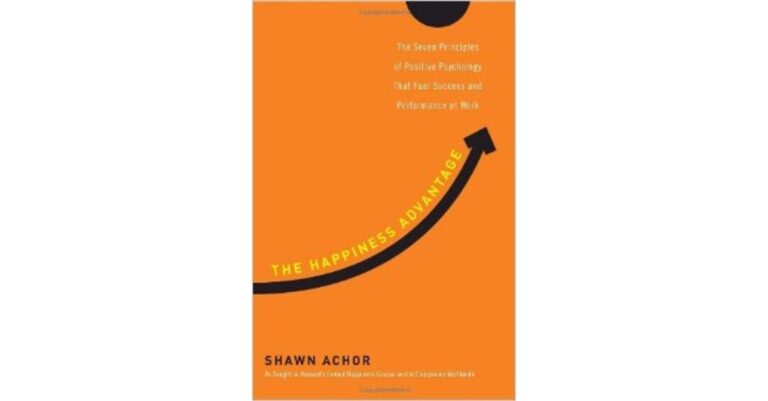While working at a school, it can be easy to focus on what needs to be fixed and the mistakes individuals have made, but it can be extremely detrimental to the culture when positivity is forgotten. It’s crucial that you focus on balancing positive and negative interactions. In “The Happiness Advantage1,” Shawn Achor discusses how it takes three positive comments, language, or expressions to fend off one negative comment, language, or expression.2 When thinking about this in the context of a school’s culture, this information should cause us to revamp much of what we do in schools, or at least in my school.
On my campus, the focus that most staff members take with culture is assigning consequences to students when they misbehave. While this is important to curb further misbehaviors, imagine what it looks like from the student’s perspective on a daily, weekly, and monthly basis.
Student Example
Here’s an example: Student Maria receives a consequence in each of her first four periods of the day: tardy to class, untucked shirt, talking, and standing up without permission.
The assignation of those consequences were also the only interactions she had with an adult the entire first half of her day. In order to counter the negativity from those first four interactions, she would have to have 12 positive interactions during the second half of the day just to give her a neutral perspective on her day.
Furthermore, if her only interactions with an individual staff member are negative ones, then their overall outlook of that staff member and his/her class will be negative. Just thinking about the ramifications of this 3:1 positive to negative ratio has caused me to rethink my approach with both students and staff.
Why Focus On Balancing Positive and Negative Interactions
When I first heard about that ratio, I immediately started to defend my actions, telling myself that there’s nothing wrong with holding students accountable. Upon further reflection, however, I realized several things:
- There’s no need to be mean when assigning consequences. Just because a student has their shirt untucked or are late to class doesn’t justify being mean to them when assigning a consequence. I don’t have to turn an already negative interaction even more negative.
- Positive follow ups can be powerful ways of building a relationship. I have worked to positively follow up with students later in the day or the week after I assigned them a consequence. I want to make sure they know it’s nothing personal and that I care about them as a person.
- I need to make as much of an effort to point out the positive behaviors as I do the negative ones. Even though a student should have their shirt tucked in, it doesn’t hurt to praise the student for doing so. When you look at it from this perspective, it gives you tons of positive behaviors to point out.
- I have to think about individual relationships. Even if my overall own positive to negative interactions with others may have met a 3:1 ratio, my interactions with a specific individual could be more lop-sided. This is especially pertinent when you consider two negative interactions have the same power as 6 positive ones.
- I can’t let my own bad days get in the way. Regardless how I’m feeling on a specific day, I need to be mindful of creating positive interactions with others. My own bad day could cause me to view the world from a hazy perspective, but this could cause me negatively impact relationships to the point that it would be difficult to recover from.
At the end of the day, remember that you have the power to shape your own and others’ outlook on their relationships and their days. Be deliberate and work hard so that you can help make them positive ones.
1 Achor, Shawn. The Happiness Advantage: The Seven Principles of Positive Psychology That Fuel Success and Performance At Work. First edition. Broadway Books, 2010.
2 Losada, Marcial. (December 9, 2008). Work teams and the Losada Line: New Results. Positive Psychology News Daily. Retrieved at http://positivepsychologynews.com/news/marcial-losada/200812091298



